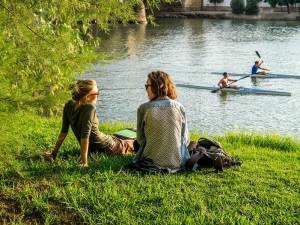In February 2024, I saw a post in the DELTA & DipTESOL Candidates and Survivors facebook group from Ha Truong. She shared how she had prepared for the DELTA Module 1 exam in 3 months and managed to achieve a Distinction. I asked her to write it up as a guest post for my blog to share her tips with the wider world and save them for posterity. Well done to Ha for your Distinction, and thanks for sharing how you got there!
Note that I have a page of Useful links for DELTA if you would like more advice / help.
Over to Ha…
In December 2023, I achieved a distinction in the DELTA Module 1 exam after dedicating almost three months to preparation. While the Distance DELTA M1 prep course undeniably played a significant role, I want to highlight that there’s more to my journey than meets the eye. This is a brief account, framed around the structure of a receptive skills lesson.
PHASE 1: PRE-PREPPING
1. Start with “Why”
Before diving into DELTA, I made sure to do my homework, talked to people who’d been through it, and even had a lengthy coffee chat with Zach Pinson, a local DELTA tutor and a kind ex-colleague. He cleared all of my doubts and gave me the courage to jump in. When things got crazy tough during DELTA, I’d flashback to that Starbucks chat, reminding myself why I signed up in the first place. It’s been a wild ride, but that initial “Why” is what keeps me going.
2. Decide on “How”
After committing to DELTA, I toyed with the idea of self-preparing for M1. I’ve got a background in ELT and over ten years of teaching under my belt. But I wasn’t sure if that would cut it. After doing some snooping on the DELTA Facebook group, asking around, and checking out Cambridge’s reading list, it turned out that going at this crazy tough exam alone would be a risky move and eat up a ton of my time. So many people with stronger backgrounds than me have failed this exam, even after completing a prep course. So I went for the safer bet and started digging around to see what options were available.
3. Find out “Who”
Considering only online courses, I narrowed down my choices based on format (synchronous or asynchronous), timing, and costs. I then created a quick Google Sheet, weighed the options, and went for the Distance DELTA with my Module 1. While preparing for M1, I was teaching about 10 hours a week and promoting my book, so I needed a course with flexible timing. When choosing your DELTA path, think about your situation: Are you in a full-time job, part-time, or on a break? What about your time zone? Are you into reading or more of a lectures person? Do you have a budget constraint? Prefer a certain class size? Need a hands-on tutor? Making an informed choice at this stage ensures your learning aligns with expectations and increases your odds of success.
PHASE 2: WHILE-PREPPING
4. Read and take notes strategically
During the first month of prep, I felt swamped with new info every week. Even in the second month, it felt like I was just going through the motions without really retaining anything. To tackle this, I read Distance DELTA’s concise and well-written input readings, then condensed 20-50 pages into 1-3 PPT slides. Before the exam, I skipped the readings and focused on reviewing my summary slides. A week before the test, I reinforced my learning by creating mind maps on A3 paper. Writing things down with my own hands helped lock in the info. [You can see some of Ha’s mind maps here.]
5. Make the most of peer learning
Out of 45 trainees in my class, around 5 of us hopped on Zoom to go over mock tests as often as we could. In the end, 3 of us got a Distinction. Group study was super helpful for me because we filled in each other’s knowledge gaps and gave each other a confidence boost. Explaining concepts to peers clarifies your understanding and highlights areas for fine-tuning. On exam day, especially P1T1 & 2, about half the questions I nailed were from what I learned (and remembered) from my friends, not just reading.
6. Familiarize yourself with the test format
To ace DELTA M1, you’ve got to nail two things: ELT knowledge and exam techniques, both equally vital. A solid knowledge base won’t cut it; you need to master exam strategies too. After reading and summarizing input, I focused on past papers to get a feel for the test. This helps you understand examiner expectations, your strengths & weaknesses, and develop a suitable test-taking strategy. My order, for reference, is P1: T1, T5, T4, T3, T2; P2: T3, T1, T2 – high-mark, faster, easier tasks first. Timing-wise, I followed Sandy’s rule of thumb: about 1 minute per mark.
7. Figure out your aces
After a couple of mock tests, I realized I aced P1T5, P2T1, & P1T3 (thanks to my IELTS Writing & Speaking teaching experience), but struggled with other high-scoring tasks like P2 T2 (since I rarely used a ready-made coursebook) & P2 T3 (because I hadn’t ever delved deep into these topics). The common advice for M1 candidates is often “Do Scott Thornbury’s About Language book and you’ll be fine”, but I found that somewhat misleading. About Language was handy for P1T5, but not for me since I was already strong in that area. To boost my weaker tasks, I took a different approach.
For P2T3, I explored Scott Thornbury’s blog and his ebook Big Questions in ELT [Amazon affiliate link / Smashwords affiliate link], listened to the Teacher Talking Time podcast, and brainstormed ideas for common topics from previous papers. For P2T2, I browsed coursebooks in a local bookstore, analyzing them P2T2 style (purposes, assumptions, linking). Despite initially hating this task, the more I practiced, the more I enjoyed it. In the end, it not only improved my wording but also enhanced my ability to sequence a lesson plan, especially for M2.
8. Don’t spend too much time studying terminology
DELTA M1 quizlets can be a thousand terms long. Memorizing all of them seemed impossible to me, especially when P1T1 is only worth 2.5% of the total marks. So I decided to focus on a more manageable set of 200+ key terms isntead. I also opted not to invest too much time in P1T2 (writing definitions) because the allocated marks didn’t seem worth the effort. Also, to me it seems to be the least practical task in M1. Anyway, the 200+ key terms were enough for me to tackle T2 on test day, relying on my understanding rather than rote learning.
9. Practice handwriting at speed
If, like me, you’ve gone digital for as long as you can remember, you might not realize the physical strain of handwriting for three hours during the DELTA exam. There’s no time to ponder; you’ve got to spill out as many words as possible and hope it’s enough to get you through. Many fail because they can’t finish tasks within the time limit. Personally, this aspect of the exam terrified me, so I intentionally did most of my prep work by hand in those three months.
I took notes and wrote mock tests with a black pen on A4 papers, using every tip and trick I could find (bullet points, starting on a new page, phrases over sentences, concise writing except in P2T3), mimicking the real test as much as possible. While prepping for P2T2 at the bookstore, I even bought a couple of comfortable black pens to ease the physical strain of speedy writing. On test day, I wrote like crazy, leaving 5 minutes at the end of each paper to revisit my answers.
PHASE 3: POST-PREPPING
10. Prep yourself to maximize performance on exam day
With the exam center 18km from my place in Vietnam and an 8:30 am start, I opted to stay in a hotel the night before. Being just 200 meters from the venue, I could stick to my usual routine, enjoy a relaxed breakfast, and even review my notes before the exam. I dressed in my most comfortable and weather-appropriate attire, and packed a bottle of water and snacks for the 30-minute break between papers. Fifteen minutes before the exam, I was still in my hotel room giving my notes a final glance, trying to cram in a few more terms, and desperately avoiding sneezing or coughing, fearing an unexpected knowledge purge. To ease nerves, I practiced some breathwork and repeated to myself, “Trust the process. Trust yourself. You’ve got this.”
So there you have it, my top 10 tips for earning a Distinction on Module 1. To candidates reading this post: Trust the process. Trust yourself. You’ve got this!

Ha Truong, an English teacher based in Vietnam, holds a CELTA qualification and has recently achieved Distinction in DELTA M1. She is working towards obtaining a full DELTA qualification, documenting her journey on her blog https://truonghaiha.wordpress.com/. With over a decade of teaching experience, Ha has primarily focused on adult learners in exam preparation and Business English courses. She holds a bachelor’s degree in ELT, graduating as valedictorian, and a second B.A. in Law. Notably, Ha previously scored an overall 9.0 in the IELTS and has authored a book on IELTS Writing Task 2 published in Vietnam (here’s the link, though it’s only available in Vietnam!) She also holds an international certification in Human Resources Management (SHRM-CP) and has a keen interest in expanding her expertise to teaching ESP.










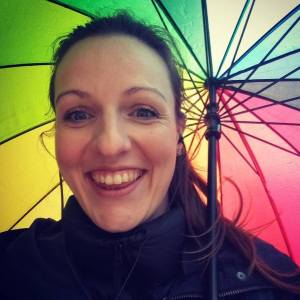

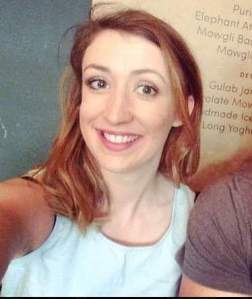















 This is part of a series of interviews with fellow English language teaching professions to be published on this blog.
This is part of a series of interviews with fellow English language teaching professions to be published on this blog.





















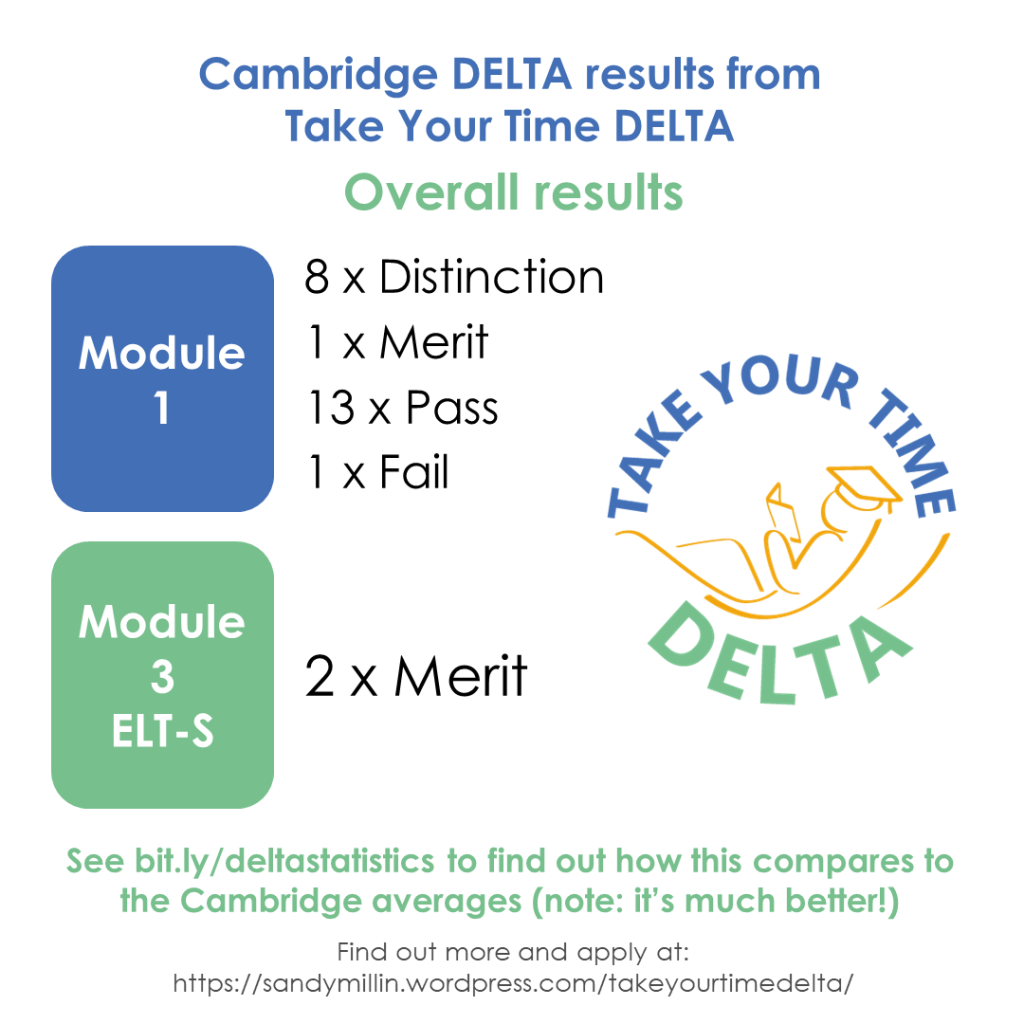
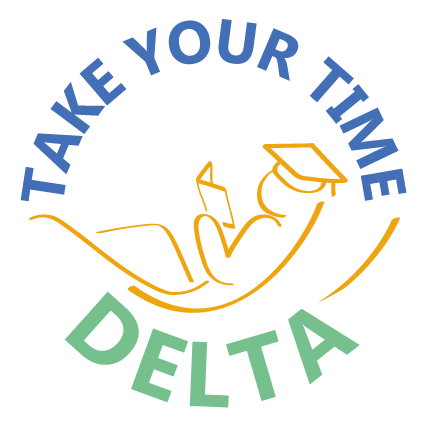



















 For the last ten minutes, they divided a piece of paper into four and wrote sentences describing everything they knew about the four main characters. For example:
For the last ten minutes, they divided a piece of paper into four and wrote sentences describing everything they knew about the four main characters. For example:



